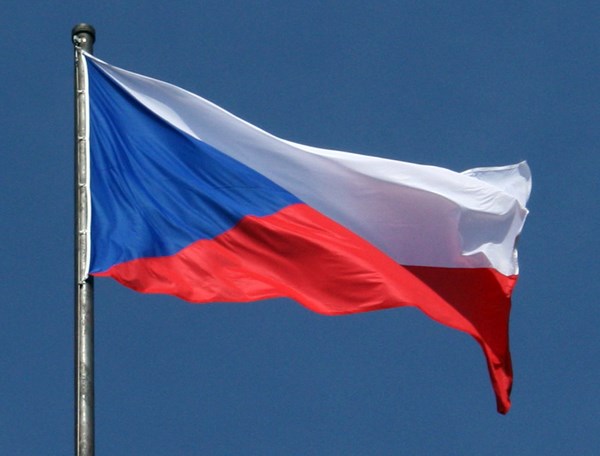Czech Republic follows Poland, rejects contaminated Russian oil
The scandal surrounding the incident at Transneft, which resulted in chlorine-containing substances mixing with Russian oil, continues to gain momentum.
Poland stopped accepting the oil and closed the western line of the Druzhba oil pipeline, which leads to Germany, early on Thursday. Now the Czech Republic has also stopped accepting the Russian oil, Reuters reports, citing two sources in the market.
Alongside Hungary and Slovakia, the Czech Republic receives oil through the second, southern line of the pipeline built in the 1960s.
The oil contaminated with chlorine, which can cause the corrosion of pipes and equipment at refineries, will reach them in 4-5 days, the Belarusian pipeline operator stated.
The Hungarian oil and gas corporation MOL is still accepting Urals oil through the Druzhba pipeline and pumping it to Slovakia, sources told Reuters.
Oil traders have started rejecting batches that have passed through the Baltic port of Ust-Luga.
The organic chlorine content is ten times higher than the norm, one market participant commented. Another source said that Poland is actively looking for batches of Russian oil dispatched from the port of Primorsk, where the oil quality is stable, to replace the declining volume from Ust-Luga.
So far, the main line of the Druzhba pipeline leading to Germany has been completely closed. It is normally used to transport 0.7 million barrels of oil per day, around 13% of Russia’s entire oil export.
Russia acknowledges the problems with the oil and promises to eliminate them soon, a representative of Russian Vice Prime Minister Dmitry Kozak told the news agency TASS.
Kozak was scheduled to meet with Belarusian Ambassador to Russia Vladimir Semachko on Thursday to discuss the quality of Russia’s oil exports. The meeting was attended by Andrei Rybakov, CEO of the Belarusian state oil concern Belneftekhim.
“The problem is purely technical in nature. A set of technical measures are being taken by the Russian party,” the representative noted.
“Judging by the scale, this is a serious emergency,” observed RusEnergy partner Mikhail Krutikhin. “Transneft says it will eliminate it in 8-10 days, but somehow I can’t believe that yet. It will be necessary to disconnect sections, free them of oil, clean them, and then restart the oil. This is a gigantic operation which will cost millions of dollars.”
Poland and Germany have alternative routes which have apparently not yet been reached by the contaminated oil, and they can also obtain the fuel from other sources, Krutikhin continued.
“As for the two Belarusian plants, despite the claims that they are capable of receiving oil through the Baltic and from Azerbaijan and from elsewhere, when we analyze all these possible routes, we get the result that it is impossible to replace the flow through the Druzhba system,” the expert believes.
